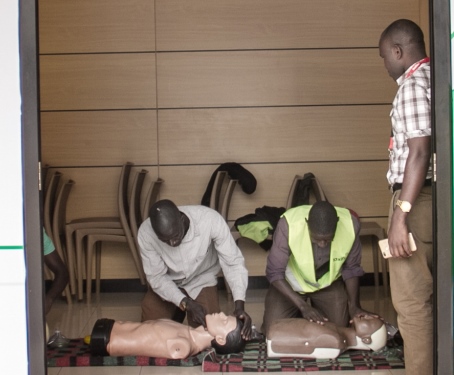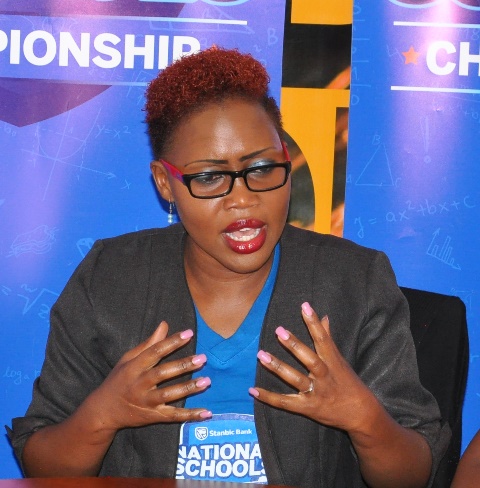May 22nd 2017 – Microsoft will soon begin its low-cost Internet technology pilot project in Rwanda as a way to increase the use of its digital products in education.
The company unveiled its “TV white spaces” technology at the just concluded Transform Africa Summit. The technology will involve using redundant television spectrum to provide connectivity.
“White Space” is the unused broadcasting frequencies in the wireless spectrum left by television networks, which can be used to provide widespread broadband Internet to remote areas.
According to Sebuh Haileleul, the country manager for Microsoft East & Southern Africa, the pilot project is expected to connect the campuses of University of Rwanda.
“I think the bigger question is how are we going to scale up the project throughout the country,” he said.
Following an agreement with the Ministry of Education three years ago, Microsoft has rolled out a number of digital products in learning institutions. However, the lack of or low Internet access at schools is hindering uptake, locking out many students across the country.
Mr Haileleul told Rwanda Today that the company aims to have three million students access Microsoft office 365, one of its flagship products in the country’s education market, and other digital services by 2020.
Office 365 is an Internet- based platform that allows users to access business applications online. But, according to Microsoft, only 40,000 accounts have been created for students to use the online platform.
Now, the software giant and the Ministry of Education are pushing for “TV white space” technology to bring many more students and teachers online.
According to experts, this space uses signals across a radius of up to 10km, and is more “affordable” while typical Wi-Fi has a 100-metre radius.
Internet connectivity
There are still many remote schools and other institutions that are far from fibre optic cables, making it difficult to connect them while others have limited access to the Internet.
Marc Uzaruharanira, a student at the University of Rwanda, Huye campus, told this paper that Internet access at learning institutions was still a challenge.
“The access is not good enough to support research,” he said.
Credit:http://www.theeastafrican.co.kehttp://www.theeastafrican.co.ke



